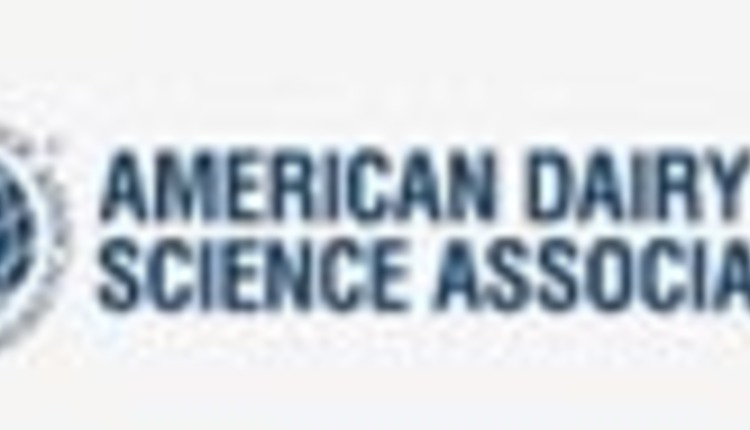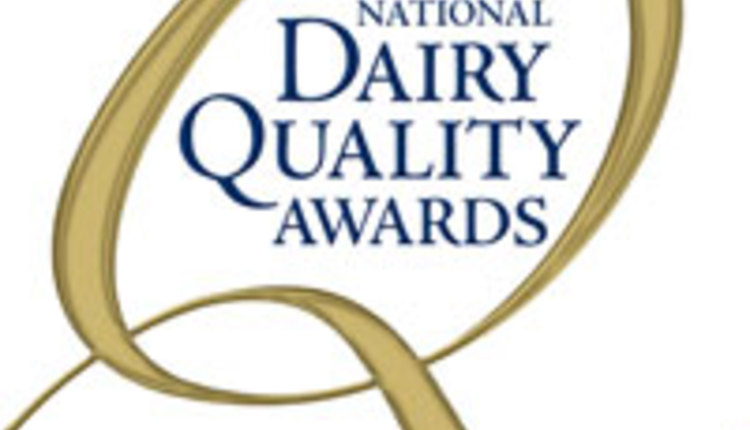
Veterinarians and industry professionals can help dairy producers gain a financial edge by elevating herd health. By learning new cost-effective, health-improving approaches in calf health management, transition cows and nutrition, mastitis and milk quality, and biosecurity, veterinarians and consultants can expand the services they provide to dairy farmers. Advice in those areas from leading producers, industry experts, and dairy scientists will be provided at a series of four afternoon workshops led by the University of Minnesota College of Veterinary Medicine.
2021 Minnesota Dairy Health Conference will be presented online between May 6 and July 8. The conference is planned for veterinarians, industry professionals and consultants, and leading dairy producers. The registration is $55 per four-hour session or $187 when registering for all four afternoons. Registration will include follow-up electronic access to each speaker’s materials and recorded presentation. Continuing education credits are available for veterinarians who attend.
The individual sessions will cover investigating disease and managing outbreaks in heifers (May 6); managing transition cows to optimize health and performance (May 27); making better mastitis control decisions and using less antibiotics (June 17); and adopting a systems approach to vaccination protocols (July 8).
The University of Minnesota Extension and Minnesota Veterinary Medical Association are cosponsoring the session.
Here are the specifics for each session. More information is available on the conference website – dairyhealthconference.umn.edu
Practice building opportunities in youngstock management (May 6, 1 to 5 p.m. CDT)
Discuss approaches for conducting disease investigations and managing outbreaks in heifer replacement programs, with real life case examples including respiratory disease, Salmonella dublin, and Clostridial bloats. Explore the development of practical evidence-based protocols for managing scours in the field. Learn from experts who will present real-world models for developing and delivering comprehensive youngstock consulting services to your client farms, when working with both replacement heifer operations as well as beef calf ranches. Finally, research updates will be provided by University of Minnesota faculty. You will have plenty of time throughout the program, and in a speaker’s panel at the end of the program, for in depth questions and discussion with all of our speakers.
Keeping Cows Healthy is the Key for Productivity (May 27, 1 to 5 p.m. CDT)
Veterinarians and consultants will be equipped with necessary information to help clients manage transition cows to optimize health and performance. Review current concepts on nutritional strategies to improve health and performance during the transition period, and how transition health impacts reproductive performance. During this session, you will be encouraged to share your current experiences with other attendees and speakers. We trust that creative and achievable solutions for current challenges faced by different attendants will arise with the help of fellow attendees. This session is designed to enable maximum collaborative learning between participants.
Prior to the live session, attendees will be encouraged to listen to a podcast with all the speakers (podcast will be made available to all attendees approximately 2 weeks prior to the live session). Listening to the podcast is not mandatory, but highly encouraged for all attendees to stimulate the debate during the live session. Speakers will have a limited amount of time (20-30 minutes) to introduce the highlights of their topics during the live webinar session as a refresher of the topics discussed in the podcast. The details of each topic should be presented and discussed in the podcast.
Mastitis Treatment Best Practices (June 17, 1 to 4:30 p.m. CDT)
During this interactive webinar you will develop skills that assist you in helping your clients make better decisions, use less antibiotics, save money, and promote a positive image of the dairy industry. A key component of making better decisions is having the right information – ideally a pathogen diagnosis for every case, and high quality, accessible cow records. You will discuss how to obtain information, interpret what it means, and how to do the best you can with what you’ve got. Topics will include treatment protocol design, antibiotic selection for pathogen-based and blanket treatment, treatment duration, treatment failure and alternative management strategies for cows that don’t get antibiotics. We will also touch on selective dry cow therapy as the next frontier in antibiotic stewardship.
Attendees will select one of the following working groups and submit a draft protocol to work through with the group:
· Pathogen-based treatment of mild/moderate clinical mastitis
· Blanket treatment of mild/moderate clinical mastitis
· Selective dry cow therapy
In addition, each group will work through a series of case scenarios, thinking about how their protocols would be applied or adapted to fit the scenario. Working groups will submit a list of key takeaways or important considerations on protocol design, to be shared later with the entire group.
Systems-Based Approach to Vaccine Considerations (July 8, 1 to 5 p.m. CDT)
Veterinary practitioners and consultants play critical and indispensable roles in the management and decision-making processes of large, complex production structures. The discipline of Systems Thinking offers an opportunity and methodology to understand the interrelated forces that impact complex systems over time in ways that help to identify innovative and high-leverage solutions. This webinar will introduce the language and methodologies of Systems Thinking and how it can be applied within the veterinary profession, with targeted application to considering or designing vaccination protocols. Outcomes will be a deeper understanding of systems approaches in a way that allows the participants to understand the challenging and complex problems inherent to livestock production and better develop solutions that have impact for those challenges.

